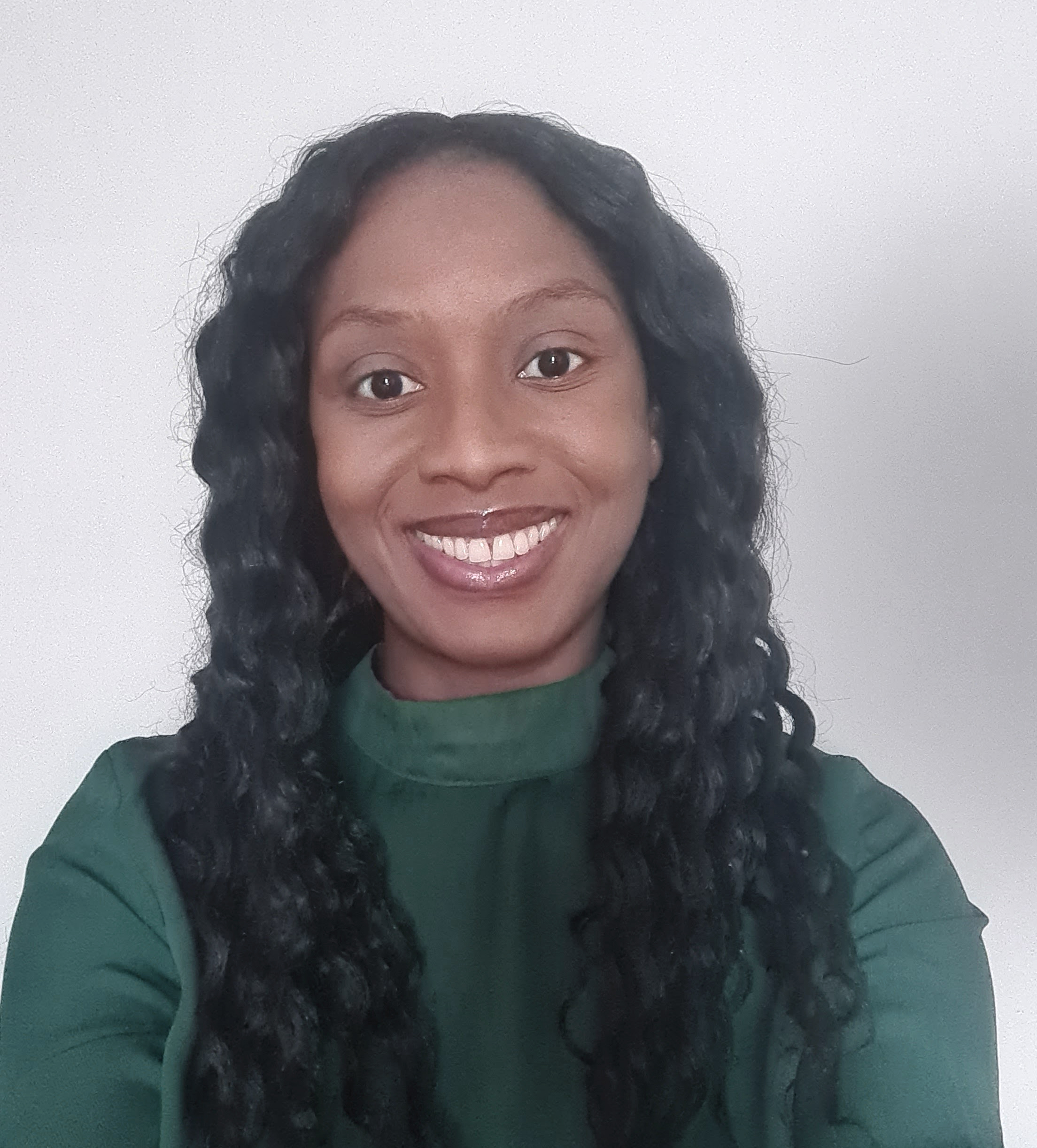Dying Matters: how to keep talking all year round
Q&A - 22ND JULY 2022
Dr Edith Israel, palliative and pain consultant at The London Clinic, on why we all need to become more comfortable with talking about dying
First off, tell us a bit about yourself.
I’ve been a doctor for coming up to two decades, in leadership roles in a number of different areas including cancer, acute and specialist hospitals, a hospice and other private hospitals. I’ve always been passionate about connecting with people and being able to do something meaningful for them at a time when life is really difficult and challenging. That might be in controlling their pain and symptoms, alleviating their suffering, or adding a sense of value. It matters to me that people are properly cared for and their unique wishes are met.
What brought you into the field of supportive and palliative care?
For me, this field is about being there beyond just the medicine. As doctors, many of us got into the profession because of a sense of altruism, but sometimes we can lose sight of what matters when people are going through a really difficult time. We tend to focus on the illness, the symptom, the bit we can medically ‘fix’. Supportive and palliative care gives me an opportunity to bring people’s personal needs into focus, while also addressing their clinical needs.
Tell us about supportive and palliative care at The London Clinic.
Our aim is to provide truly holistic support for patients. That might be physical, psychological, practical, spiritual. It’s a unique service – while people’s perception is that it’s usually provided at the end of a person’s life, really we work with any patients who need that additional support alongside their clinical treatment.
I’m lucky to work with highly skilled specialist nurses, a specialist in supportive, palliative and end-of-life care, and the wider multidisciplinary teams at The London Clinic. We’re one of the few private hospitals with an in-house service of this kind, and the team was very proud to be graded Outstanding at our latest CQC inspection in recognition of our high standards in holistic, compassionate care.

Dr Edith Israel of The London Clinic
What does that look like in practice?
It’s about always trying to go above and beyond. Recently, we’ve run art classes, we’ve brought in musicians, we’ve organised a wedding at our hospital. One of our older patients who is very unwell would like to visit the Maldives – we can’t take them there, but we’re looking into smart glasses so they can at least immerse themselves in photos of the Maldives. It’s an incredibly creative, person-centred and rewarding area to be in.
What is Dying Matters?
Dying Matters is a national campaign that recognises what matters to people who are nearing the end of their life, such as those with a life-limiting condition. As well as thinking about what the future may look like so that healthcare providers can ensure the right person-centred care is given, it’s an opportunity to celebrate life.
Even in healthcare institutions, there is still so much taboo shrouding dying, including here at Harley Street. It’s our responsibility to help people – our patients, colleagues and the wider healthcare community – to address that taboo and show how important it is to talk about dying.
Recently, we’ve seen Dame Deborah James show so powerfully that while living is important, so is dying. We should celebrate someone’s exit from this world as much as their birth into it. The more we, the healthcare providers, know about what’s important to people, the more we can ensure their wishes are met. We need to lead the way in independent healthcare too.
How can we engage people with Dying Matters?
This is a real opportunity to connect people and demystify the taboo around dying. We’ve had a number of events so far this year. During Dying Matters Awareness Week in May, we had a stall in our cancer centre, The Duchess of Devonshire Wing, where we encouraged visitors to think about the five things that would be most important to them in approaching their end of life. We joined up with our nursing team to run an awareness event on International Nurses Day.
We work with departments right across the hospital, as well as our charity partners such as Macmillan and local partners like St Marylebone Parish Church. This is about community and how we can come together to support the individual.
How can healthcare providers embed the principles of Dying Matters into their culture?
This is a powerful and important question. For me, we first need to start having conversations, openly and honestly – and Dying Matters Awareness Week is a great time to begin. There is so much more to the individual beyond the treatment. Our responsibility as care givers is to understand their needs and ensure that, as much as possible, life is about living right through to the end.
-
FEATURE
Safety tips to prevent heat-related illness
As Europe experiences a heatwave that is causing a heat emergency for millions of people, Mayo Clinic Healthcare offers tip on coping with the extreme weather
-
FEATURE
An expert guide to tackling ACL injuries in sport
Three leading consultants from the Grosvenor Orthopaedics team at King Edward VII’s Hospital explain when and how to seek help for an ACL injury
-
FEATURE
How does diabetes affect the heart?
Dr Malgorzata Wamil, consultant cardiologist at Mayo Clinic Healthcare, on the increased risks of heart disease that accompany diabetes, and how best to manage these risks
-
FEATURE
How DNA affects the fertility journey
To mark DNA Day (25th April), Dr Suvir Venkataraman, general manager of Harley Street Fertility Clinic, outlines the benefits of pre-implantation genetic testing